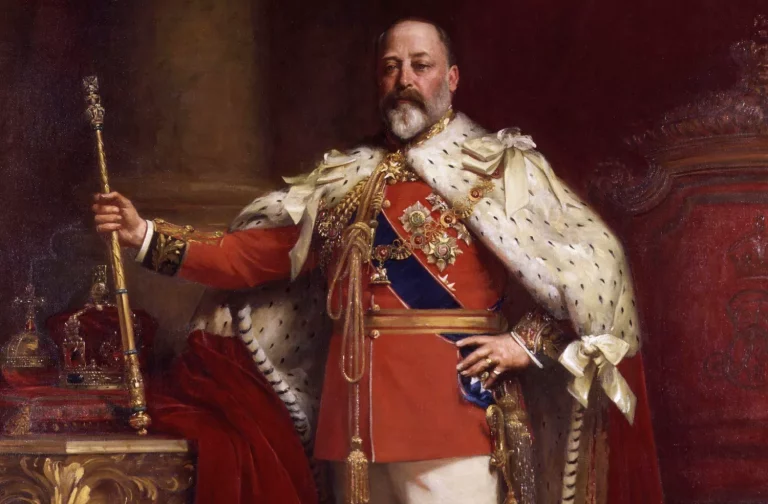
We see him as a man who embraced the spirit of his time, a time of change and progress. He understood the world was becoming increasingly interconnected, and he sought to build bridges between nations. He was a champion of internationalism, a man who believed in the power of cooperation to solve our challenges.
New York, N.Y. We are drawn to the life of King Edward VII of England, a figure who, while not born to rule, embraced his destiny with both grace and a dash of rebellious spirit. From the moment he ascended the throne, Edward VII became a symbol of a changing world, ushering in a new era of modernity and international diplomacy.
We see Edward’s life as a tapestry woven from the threads of tradition and innovation. He was, after all, a man of his time, born into the rigid world of Victorian England. His upbringing was steeped in protocol and duty, but beneath the surface, he harbored a thirst for adventure and a keen understanding of the shifting currents of global power.
His early years were marked by a sense of duty, albeit tempered with a rebellious streak.
We imagine him chafing under the constraints of his upbringing, yearning for a life beyond the confines of royal protocol. Yet, he never shirked his responsibility, even as he embraced his own passions. He was a devoted son, a loving husband, and a loyal friend.
But it was his reign that truly cemented his legacy. Edward VII ascended the throne at a time of immense change, following the long reign of his mother, Queen Victoria. He inherited a world on the cusp of transformation, one characterized by technological advancements, burgeoning industrialization, and the rise of new empires.
We envision Edward VII as a leader who understood the need for modernization. He embraced new technologies, encouraged innovation, and championed international cooperation. His reign saw the establishment of the Entente Cordiale, a diplomatic agreement between France and Britain that paved the way for future alliances.
He also embraced the social and cultural changes of the time.
Edward VII was a man of style and sophistication. He transformed the court into a center of artistic and cultural expression, fostering a vibrant atmosphere of creative exchange. His influence extended beyond the realm of fashion and into the hearts and minds of his subjects. He understood the power of public image and the importance of connecting with his people on a personal level.
We recognize Edward VII as a figure who understood the importance of diplomacy and international relations. His travels across Europe and beyond forged bonds with other world leaders, laying the groundwork for a more interconnected world. He was a master of navigating the complexities of international politics, using his charisma and understanding of power to foster stability and cooperation.
Edward VII’s legacy is one of modernity, diplomacy, and a profound understanding of the world’s changing landscape. He was a man who navigated the complexities of his time with grace, intelligence, and a deep sense of duty. We find him an inspiring figure, a leader who embraced the challenges of his era and left an enduring mark on history.
#KingEdwardVII #BritishMonarchy #GlobalCitizens #History #Diplomacy #Modernity #InternationalRelations #EntenteCordiale
TAGS: British Monarchy, Global Citizens, History, Diplomacy, Modernity, International Relations, Entente Cordiale
King Edward the VII of England, Son of Victoria (July 17, 2014)